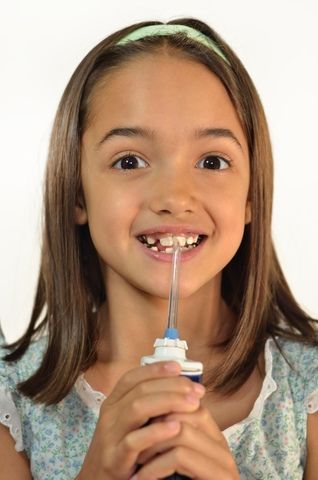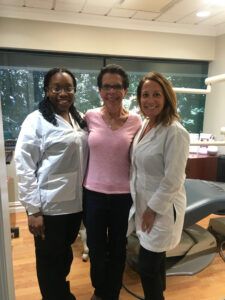
November 11th, 2021
View Article

July 28th, 2021
View Article

July 21st, 2021
View Article

July 14th, 2021
View Article

July 1st, 2021
View Article

June 23rd, 2021
View Article

June 16th, 2021
View Article

June 9th, 2021
View Article

June 2nd, 2021
View Article

May 26th, 2021
View Article

May 19th, 2021
View Article

May 12th, 2021
View Article

May 5th, 2021
View Article

April 28th, 2021
View Article

April 21st, 2021
View Article

April 7th, 2021
View Article

March 31st, 2021
View Article

March 24th, 2021
View Article

March 17th, 2021
View Article

March 10th, 2021
View Article

March 3rd, 2021
View Article

February 24th, 2021
View Article

February 17th, 2021
View Article

February 10th, 2021
View Article

February 3rd, 2021
View Article

January 27th, 2021
View Article

January 20th, 2021
View Article

January 13th, 2021
View Article

January 6th, 2021
View Article

December 23rd, 2020
View Article

December 16th, 2020
View Article

December 9th, 2020
View Article

November 25th, 2020
View Article

November 11th, 2020
View Article

November 4th, 2020
View Article

October 28th, 2020
View Article

October 23rd, 2020
View Article

October 21st, 2020
View Article

October 14th, 2020
View Article

October 7th, 2020
View Article

September 30th, 2020
View Article

September 23rd, 2020
View Article

September 16th, 2020
View Article

September 9th, 2020
View Article

August 12th, 2020
View Article

August 5th, 2020
View Article

July 29th, 2020
View Article

July 22nd, 2020
View Article

July 15th, 2020
View Article

July 1st, 2020
View Article

June 24th, 2020
View Article

June 17th, 2020
View Article

June 3rd, 2020
View Article

May 27th, 2020
View Article

May 13th, 2020
View Article

May 6th, 2020
View Article

April 29th, 2020
View Article

April 22nd, 2020
View Article

April 15th, 2020
View Article
April 10th, 2020
View Article

April 8th, 2020
View Article

April 1st, 2020
View Article

March 4th, 2020
View Article

February 26th, 2020
View Article

February 25th, 2020
View Article

February 19th, 2020
View Article

February 12th, 2020
View Article

February 5th, 2020
View Article

January 22nd, 2020
View Article

January 15th, 2020
View Article

January 8th, 2020
View Article

January 1st, 2020
View Article

December 25th, 2019
View Article

December 18th, 2019
View Article

December 11th, 2019
View Article

December 4th, 2019
View Article

November 27th, 2019
View Article

November 20th, 2019
View Article

November 13th, 2019
View Article

November 6th, 2019
View Article

October 30th, 2019
View Article

October 23rd, 2019
View Article

October 16th, 2019
View Article

October 9th, 2019
View Article

October 3rd, 2019
View Article

October 2nd, 2019
View Article

September 25th, 2019
View Article

September 18th, 2019
View Article

September 11th, 2019
View Article

September 4th, 2019
View Article

September 2nd, 2019
View Article

August 21st, 2019
View Article
July 1st, 2019
View Article
